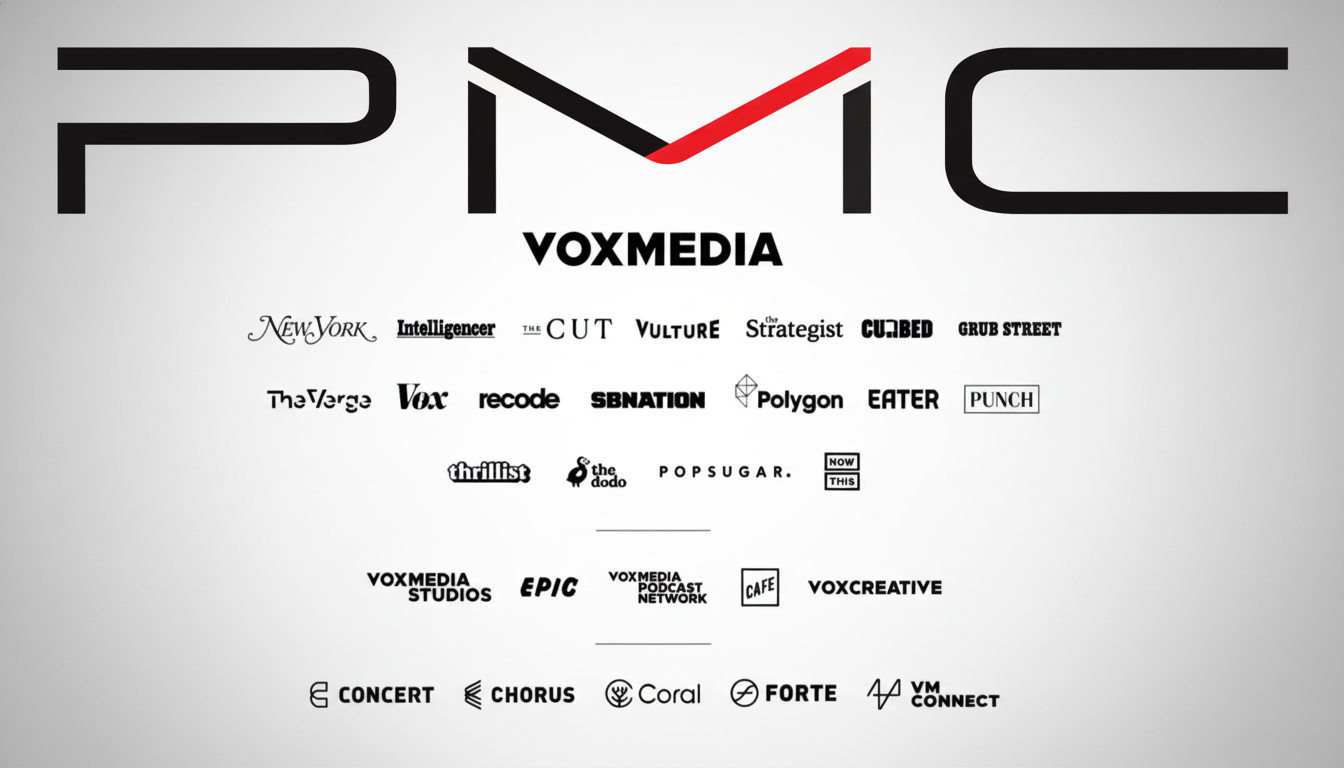The publisher behind Rolling Stone and Variety has sued Google, claiming its new AI-driven summary feature unfairly siphons traffic to the tech giant, robs publishers of potential advertising revenue and infringes on copyright laws in the United States. Google’s AI answers, known as AI Overviews, are stuffing synthetic content in response to searches at the top of results and steering users away from outlets that actually report the news — and bear the costs.” Penske Media Corporation (PMC) “The #GoogleMonopoly is now telling you what is ‘news.’ And it pays to game Google’s algorithm.
At the Center of the Complaint
The complaint, filed in federal court in Washington, D.C., alleges Google is using its dominance in search to force publishers to provide their content for the AI summarizing that the search engine then displays on results pages. PMC casts this as antitrust and unfair competition issue, saying that AI answers eliminate the incentives for users to click through to original articles.

PMC cites its own analytics, saying that approximately one in five search results which would have led users to their publications now include AI summaries. The publisher also reported that affiliate revenue declined more than a third since its peak, and link-outs began to drop, driving the slump in click-throughs along with poor conversion from search traffic.
Publishers’ Traffic and Income Woes
Industry associations have been issuing alarms that AI-driven “zero-click” answers can make a wasteland of the open web. According to a survey of members by Digital Content Next, the median of referral traffic from Google Search results to participating publishers decreased 10 percent and some experienced even steeper declines — as much as 25%. The News Media Alliance has likewise warned that products that respond to queries directly in search diminish the visibility — and monetization — of original reporting.
For publishers, the economics are severe: fewer clicks means fewer ad impressions, fewer subscriptions and weaker affiliate performance. Those AI responses that sum up “what to watch,” “ticket prices” or, you know, “album release dates” or “how-tos”? They can capture high-value mid-funnel queries on which outlets count to pay for investigations, critics and beats. But when those answers exist within the Google interface, the job (and revenue) of publishers shrinks.
Google’s Defense
Google has said that AI summaries can drive more “high-quality clicks,” and that the users who do click through to publisher sites after reading AI overviews are more engaged. The company says its AI answers quote and attribute any sources from which they are drawn, and it takes issue with analyses that show traffic declines to the addition of AI features, suggesting those studies are based on limited samples or confounders unrelated to the product.

Publishers respond that they have little control over how their work is ingested or summarized. There are traditional tools like robots meta tags to shape snippets — though they don’t offer an on-and-off switch for all AI answers in search. That gap — along with Google’s market power — constitutes a central element of PMC’s suit.
How This Fits Into the Legal Landscape
PMC’s filing draws on the larger context of federal antitrust enforcement. A recent decision alleges Google illegally maintained a search monopoly — an outcome that publishers see as validation that the company’s design decisions can have outsized bearings on market results. In arguing that AI summaries entrench that dominance at the content layer, PMC is asking the court to transplant antitrust law onto a misunderstood and rapidly evolving search experience.
Outside the United States, an industry nonprofit in Europe, the Independent Publishers Alliance, has filed complaints with European regulators regarding similar worries about AI answers. News organizations, meanwhile, have sued AI model makers over reuse of training and output. Also, PMC’s case is unusual in that it focuses on how the AI summaries within search might obviate a reader visit to sources.
What’s at Stake
The result could reshape the very nature of how AI summarization and the open web coexist. Possible remedies included product modifications—bolder links, more generous click-through incentives, crisper labeling—through licensing or revenue sharing deals. Publishers also want more clear controls, such as the ability to restrict or decline AI summarization without losing standard search visibility.
For Google, the challenge is to reconcile user convenience with an ecosystem that pays for original reporting. For publishers, it’s a battle over whether or not the benefits of AI in search can be reconciled with sustainable economics for the journalism those AI answers rely on.”

